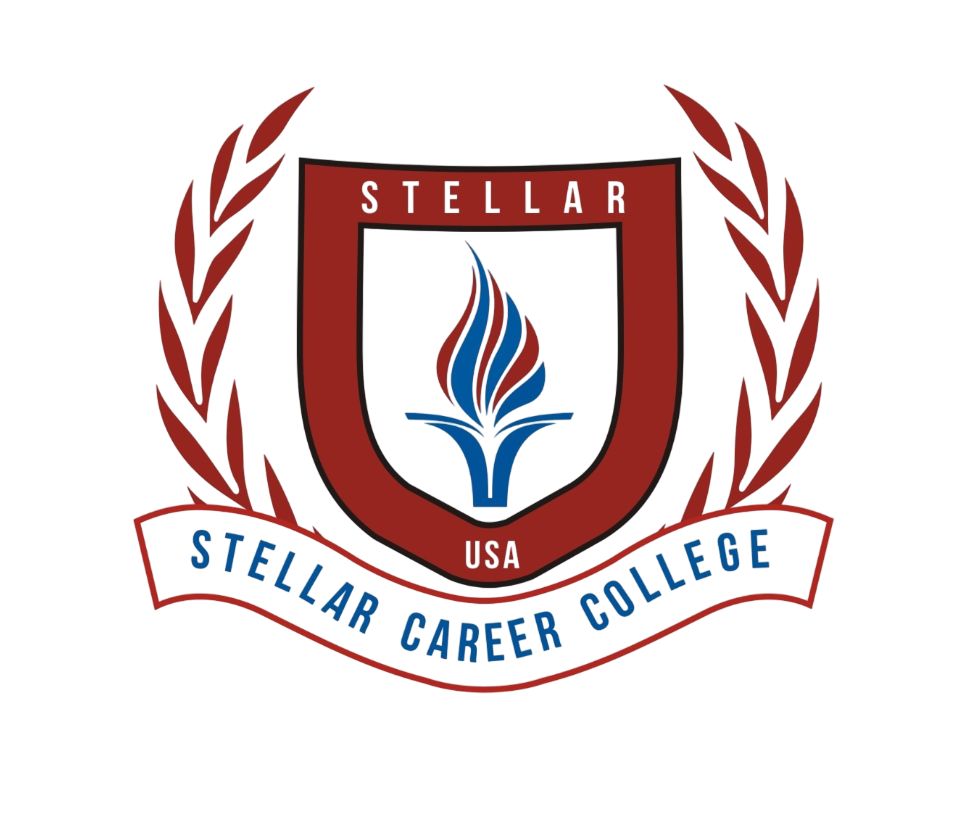
Medical Assisting with Phlebotomy Technician: A Path to a Rewarding Healthcare Career
Introduction: Why Choose Medical Assisting with Phlebotomy?
Medical assisting with a specialization in phlebotomy is a dynamic and fulfilling career path that combines administrative and clinical duties in healthcare settings. In fact, the role of a medical assistant with phlebotomy expertise involves not only assisting healthcare professionals in providing quality patient care but also performing blood draws and managing administrative tasks. Therefore, this article serves as a comprehensive guide for individuals interested in pursuing this career. It will also provide insights into the job responsibilities, educational requirements, certification options, and potential career prospects in this field.
According to the U.S. Bureau of Labor Statistics, employment of medical assistants is projected to grow 14% from 2022 to 2032, much faster than the average for all occupations. This demand reflects the growing need for skilled professionals who can support physicians, nurses, and laboratories in a wide variety of settings.
Overview of Medical Assisting with Phlebotomy Technician
Medical assistants with phlebotomy training play a dual role in healthcare. On one hand, they support front-office tasks such as patient intake, scheduling, and records management. On the other, they perform hands-on clinical duties, including drawing blood, processing lab specimens, and supporting diagnostic procedures.
Phlebotomy technicians are highly valued in:
- Hospitals and emergency departments
- Outpatient clinics and physicians’ offices
- Diagnostic laboratories
- Blood banks and donation centers
By combining administrative precision with clinical accuracy, these professionals help ensure patient care runs smoothly and efficiently.
Key Job Responsibilities
Medical assistants with phlebotomy technician training are trusted with responsibilities that make them indispensable in the healthcare system:
- Patient Intake & Medical History: Collect and update essential information in electronic health records.
- Vital Signs Measurement: Take blood pressure, pulse, temperature, and respiration rates.
- Blood Collection: Perform venipuncture, capillary, and arterial punctures while following strict safety protocols.
- Lab Support: Prepare, label, and process specimens for diagnostic testing.
- Administrative Duties: Schedule appointments, manage records, and handle billing or insurance coding.
Because of this broad scope, no two days look the same—making the role both challenging and rewarding.

Educational Requirements
Becoming a medical assistant with a specialization in phlebotomy requires a combination of formal education and hands-on training. Generally, the minimum requirement is a high school diploma or equivalent. However, many employers prefer candidates who have completed a postsecondary medical assisting program. These programs not only provide comprehensive training in administrative and clinical skills but also include a strong focus on phlebotomy techniques.
In addition, some programs offer internships or externships, allowing students to gain practical experience. As a result, graduates enter the workforce with greater confidence and competence.
Certification Options
Although certification may not always be required, it significantly boosts your career prospects. Some popular options include:
- Registered Medical Assistant (RMA) – by American Medical Technologists (AMT)
- Certified Clinical Medical Assistant (CCMA) – by National Healthcareer Association (NHA)
- Certified Phlebotomy Technician (CPT) – by NHA or other boards
- Phlebotomy Technician (PBT) – by American Society for Clinical Pathology (ASCP)
Earning certification not only demonstrates your commitment and skill but also increases employability and earning potential.
Specializations within Phlebotomy
Phlebotomy itself offers different focus areas:
- Pediatric Phlebotomy – specialized techniques for children and infants
- Geriatric Phlebotomy – focused care for older adults
- Point-of-Care Testing – performing immediate bedside tests
- Therapeutic Phlebotomy – blood removal for conditions like hemochromatosis
Choosing a specialization can set you apart in the job market and allow you to work in areas you’re most passionate about.
Training Programs and Schools
If you’re in Chicago, one top choice is Stellar Career College, which offers a Medical Assisting with Phlebotomy Technician program. The program combines administrative training with phlebotomy skills, preparing graduates for versatile careers.
Other schools across the U.S. include community colleges and universities offering associate degrees or certificate programs in medical assisting. When comparing programs, look for:
- Accreditation
- Curriculum strength
- Faculty experience
- Externship opportunities

Career Prospects and Growth Opportunities
The field of medical assisting with phlebotomy offers a wide range of opportunities. For example, medical assistants may work in hospitals, clinics, diagnostic laboratories, or blood banks. Moreover, as they gain experience, they can pursue advancement opportunities such as becoming lead medical assistants, phlebotomy supervisors, or even educators.
Consequently, this field not only provides job stability but also paves the way for professional growth. In conclusion, individuals who commit to continuous learning and skill development are more likely to succeed in this rewarding career.
Continuing Education and Advancement
Healthcare is constantly evolving. Staying up to date ensures long-term success. Options include:
- Continuing Education Units (CEUs)
- Advanced certifications (CPT, CCMA, etc.)
- Specialized workshops for lab safety and infection control
- Higher education such as bachelor’s or master’s programs in healthcare fields
By pursuing ongoing learning, you ensure that your career stays relevant and rewarding.
Challenges and Rewards in the Field
Like all healthcare careers, this path comes with challenges:
- Managing nervous patients during blood draws
- Balancing administrative and clinical tasks
- Working in fast-paced environments
However, the rewards outweigh the challenges. You’ll:
- Contribute directly to accurate diagnosis and patient care
- Build strong relationships with patients and healthcare teams
- Enjoy a career with job stability, growth, and personal fulfillment
Conclusion
A career as a Medical Assistant with Phlebotomy Technician skills offers the perfect mix of hands-on clinical work and administrative responsibility. With increasing demand in hospitals, clinics, and labs, this career path provides stability, growth opportunities, and the satisfaction of making a difference in people’s lives.
If you are detail-oriented, compassionate, and eager to enter healthcare, this career may be the ideal fit for you. Start your journey today by exploring programs such as the Medical Assisting with Phlebotomy Technician program at Stellar Career College in Chicago.

